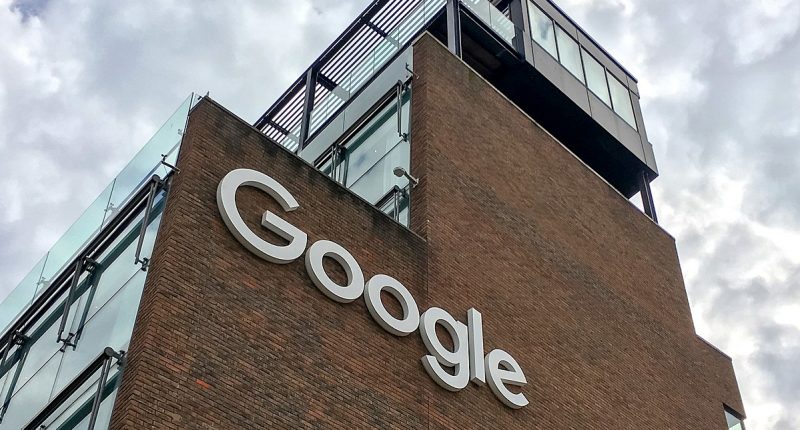Google is reportedly reducing its workforce further by offering a voluntary exit program (also known as a buyout offer) to US-based employees across several major divisions. According to a report by CNBC, teams affected include Search, Ads, Commerce, Research, Core Engineering, Marketing, and Communications.
The voluntary exit program includes severance packages, which are reported to offer around 14 weeks of base pay, plus one additional week of pay for every year the employee has worked at Google. However, the company has not officially confirmed these details. The offer is available to employees at different job levels, and those interested need to sign up by a deadline set for sometime in mid-summer.
This latest move follows earlier rounds of layoffs in 2023 and 2024, as the company continues efforts to streamline operations and shift resources toward its growing focus on artificial intelligence (AI).
While the total number of employees affected has not been shared publicly, the move could be significant in scale. One of the main sections involved is the Knowledge & Information (K&I) division, which includes major teams like Search, Chrome, and Maps. This division alone has around 20,000 employees, so even if only a fraction of K&I staff accept the offer, it could still lead to a notable number of departures.
Earlier, in October 2024, the same department (K&I) experienced job cuts as part of a broader wave of restructuring. At that time, Alphabet’s (parent firm of Google) Chief Financial Officer, Anat Ashkenazi, said that her main focus would be cutting costs. She explained that this was necessary because the company was planning to invest heavily in building up its AI infrastructure in 2025. Notably, the search giant is planning a major increase in its capital spending (largely focused on its AI efforts), from around $52 billion in 2024 to nearly $75 billion in 2025.
At the same time, the company is facing growing financial pressure and a tougher regulatory environment. For example, antitrust authorities in the US and many other international regulators are considering serious actions against the company, like limiting Google’s deals that make its search engine the default on many devices, requiring the company to share more data with competitors, and even breaking up parts of its business, like the Chrome browser. Additionally, last month, the US Department of Justice (DoJ) initiated a civil antitrust investigation into Google’s licensing deal with the AI company Character.AI. The agreement (signed in 2023) grants Google a non-exclusive license to use Character.AI’s large language models.
Along with the expansion of the voluntary exit program, the tech titan is also tightening its hybrid work policy. As per the report, employees who live within 50 miles of a Google office and have been working fully remotely will now be required to return to the office at least three days a week. The company argues that this change is intended to promote stronger in-person collaboration and improve teamwork across departments.
The Tech Portal is published by Blue Box Media Private Limited. Our investors have no influence over our reporting. Read our full Ownership and Funding Disclosure →






